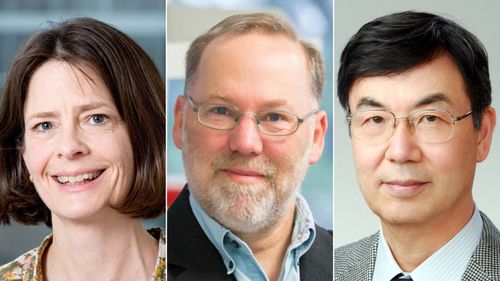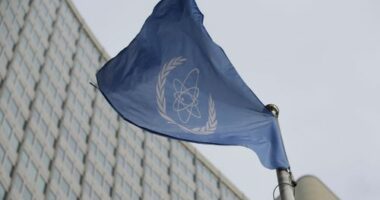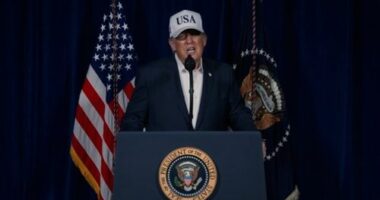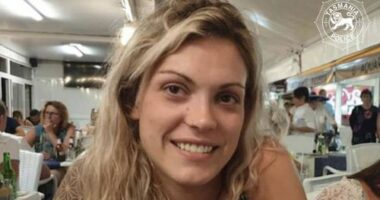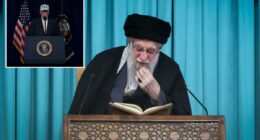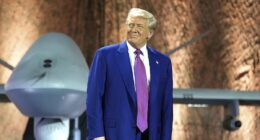Share this @internewscast.com
The 2025 Nobel Prize in Physiology or Medicine has been awarded to three scientists – two from the United States and one from Japan – for their work in uncovering how the immune system defends us against numerous microbes attempting to invade our bodies.
Mary E. Brunkow, Fred Ramsdell, and Shimon Sakaguchi were honored with the prize “for their groundbreaking discoveries in peripheral immune tolerance,” announced the Nobel Committee on Monday during a ceremony in Stockholm, Sweden.
The recipients identified “regulatory T cells,” which act like security guards in the immune system, preventing immune cells from attacking our own tissues—a key factor in autoimmune diseases.

Thomas Perlmann, the secretary of the medicine committee, mentioned he had spoken with Sakaguchi before the public announcement, stating that he “sounded incredibly appreciative.” Due to the time difference between Sweden and the U.S., Perlmann had not yet been able to reach Brunkow and Ramsdell.
Brunkow serves as a program manager at the Institute for Systems Biology in Seattle, while Ramsdell is a co-founder of Sonoma Biotherapeutics, a biotech company located in San Francisco.
Annette Dolphin, a pharmacology professor at University College London and president of the Physiological Society in the UK, remarked that the research provided “essential insights into immune system regulation,” paving the way for “new possibilities in treating autoimmune diseases, enhancing transplant outcomes, and advancing future cancer therapies.”
“This work is a striking example of how fundamental physiological research can have far-reaching implications for human health,” she said in a statement.
The prize carries a cash award of 11 million Swedish kronor ($1.77 million).
